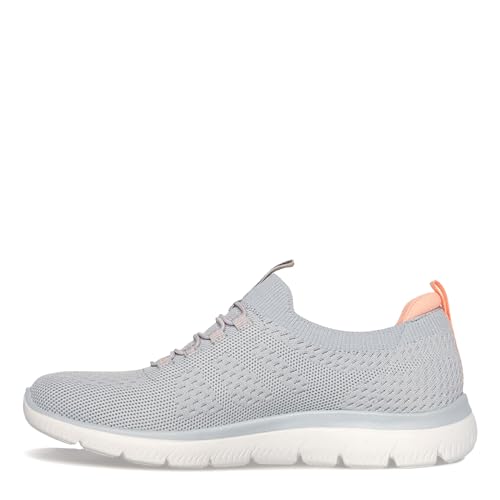Understanding Plantar Fasciitis
Plantar fasciitis is a common condition that causes inflammation in the plantar fascia tissue. This tissue runs along the bottom of the foot, connecting the heel bone to the toes. It can cause intense pain in the heel and arch of the foot, making it difficult to walk or stand for long periods of time. While proper treatment is essential for managing this condition, wearing the right shoes can also help to alleviate pain and reduce symptoms.
What to Look for in Sneakers for Plantar Fasciitis
When shopping for sneakers to help with plantar fasciitis, it’s important to look for a few key features. Look for shoes with ample cushioning in the heel and arch areas, as well as good overall support. A firm midsole and a contoured, supportive footbed can also help to alleviate symptoms. Avoid shoes with a high heel or a narrow toe box, as these can exacerbate pain and other symptoms.
Top Sneakers for Plantar Fasciitis
Some of the best sneakers for plantar fasciitis include the New Balance Fresh Foam 1080v10, Brooks Adrenaline GTS 20, and Hoka One One Bondi 7. These shoes all feature excellent cushioning, support, and stability, making them ideal for those suffering from plantar fasciitis. Other options to consider include the Asics Gel-Kayano 27, Saucony Guide 13, and Altra Torin 4.5 Plush.
Additional Tips for Managing Plantar Fasciitis
While wearing the right shoes can help to alleviate pain and other symptoms associated with plantar fasciitis, there are other things you can do to manage this condition. Stretching and strengthening exercises can help to improve foot strength and flexibility, while massage and other therapies can help to reduce inflammation and pain. In some cases, orthotics or other custom-fit inserts may also be recommended to provide additional support and cushioning.
When to Seek Medical Attention
If you are experiencing severe pain, swelling, or other symptoms that do not improve with rest or over-the-counter treatments, it’s important to seek medical attention. Your doctor or other healthcare provider can help you determine the underlying cause of your symptoms and provide appropriate treatment options to help manage your condition.






